A theatre enigma
RAFI HOSSAIN: Jamil bhai, thank you for giving us your time. There's a general consensus that according to you, whenever you do any work in the theatre, it is immediately criticised. Is it true?
SYED JAMIL AHMED: I don't think you heard the entire story. In addition to that, I said I am very proud of this. Every production I make touches people's hearts. As a result, people have to talk about it. On one hand, it is good, but at times, it surprises me how closely people scrutinise my work. I have a feeling that there is some grudge at play here, but I am sure they all judge me this way because they love me.
RAFI: This shows that everyone is paying a lot of attention to your productions. So, what are your thoughts on the notion that most of us cannot take criticism?
JAMIL: I would not say that it is just Bangladeshis. I believe that people all over the world are like that. As an artist, if you receive positive criticism, you will definitely feel happy and vice versa. I think that in our country, we are very polite. So, we do not express negative views directly. If we must criticise something, we have to use proper logic to justify the criticism. Otherwise, our judgement would hold no value.
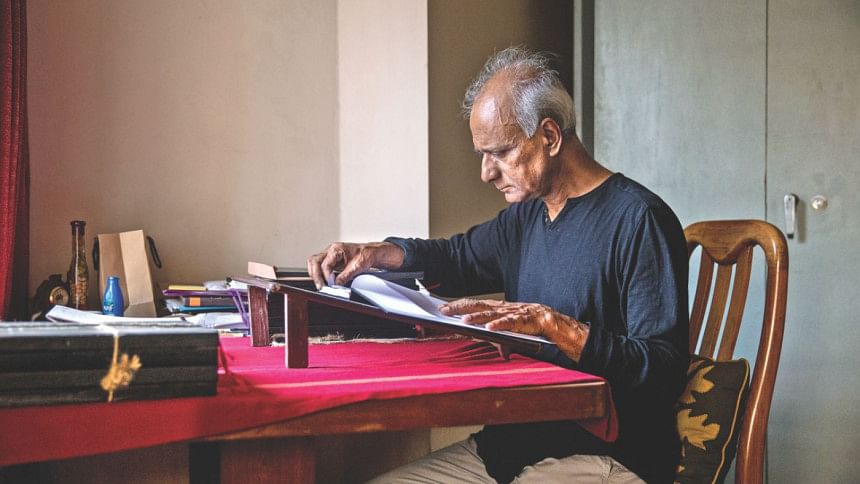
RAFI: Is it a director's decision for a play to follow a certain method and style?
JAMIL: Yes, of course. When I started working on the text by Shahidul Zahir, Jiban O Rajnaitik Bastobata, Mohsina Akhter worked as a literary adviser to me, and also played a very important role in the editing process. While working on the whole project, we had to make sure that we retained Shahidul Zahir's language. We also had to make sure that we maintained the chronology that was mentioned in the original text. The way a director will bring a text to life onstage depends on the performance.
RAFI: Do you have any specific reason for deciding to pick Shahidul Zahir's work for this play, or have you wanted to do it for a long time?
JAMIL: All credit for its selection goes to Mohsina. She used to send me emails persuading me to direct this play. I only read the text in January, last year. After reading it, I could not get it out of my head. I knew that I had to do it. As a freedom fighter myself, I saw many heinous things happen to the people of our country. Before reading Shahidul Zahir's work, I had not read any novel about the liberation war. It really resonated within me.
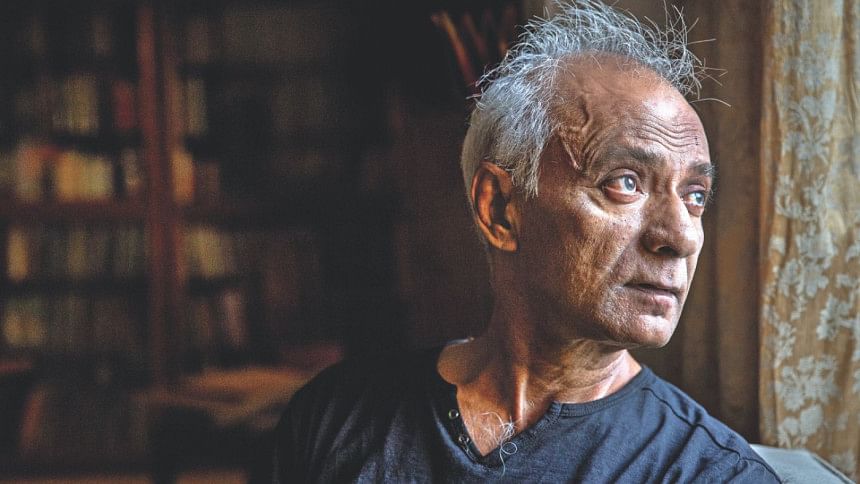
RAFI: When you took on the project, did you think that it was going to be very challenging?
JAMIL: Yes, it was a massive challenge. For me, presenting the text as a performance was a huge challenge as it was not written with the intention of being turned into a play. We had to make sure that we maintained the proper chronology during the entire play. There was only one part where we altered the chronology a little. Other than that, we only reduced the text as it was too big.
RAFI: In the current scene, the number of mediocre production is very high. So, when makers of such mediocre plays say something negative about you, how does it affect you?
JAMIL: The thing is, you have every right to express your opinion. You bought tickets and went to see a play, so if you don't like it, you can say it. This project was very controversial too as few people accused us of distorting history. Even though many people misinterpreted the play, I must thank the Shilpokola Academy, along with the government.
RAFI: I think that even though your directing is first-class, I feel that sometimes the acting is comparatively weaker. You might disagree with me on this.
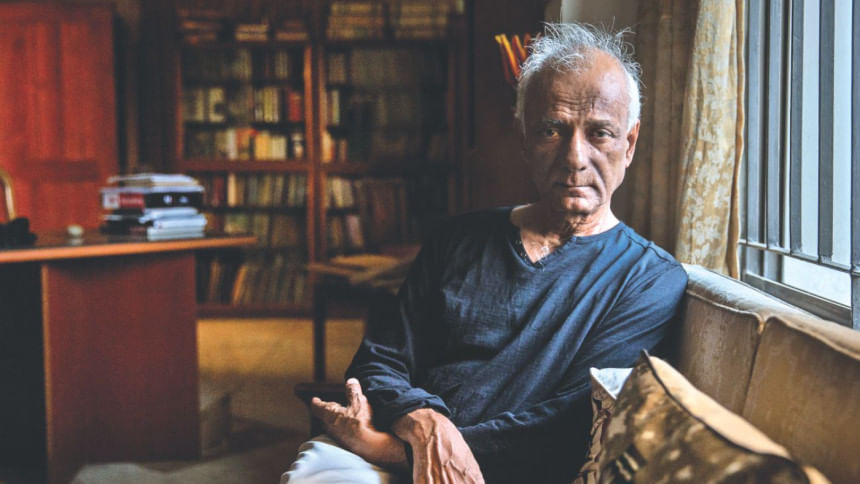
JAMIL: I think many of the actors in our country are weak. But, the newcomers in the theatre industry have this energy that some veterans may lack. The stage presence that was lacking previously has returned. Presently, it is not possible to do plays in the same scale as the ones done in the past. In this age, we do not have time to pull off something that massive. People are far more restless and unwilling to put too much time and effort in a work. Hopefully, in the future, we will be able to overcome these issues.
RAFI: Do you feel a pressure to make each play better than the previous one as people take a special interest in your work?
JAMIL: Not at all. I don't work with that thought. I think that my best work is yet to come. When I do something, I have to do what is necessary to serve the text. When I did Rizwan, many people said that it was just a display of some pictures without a proper plot. I decided to direct Jiban O Rajnaitik Bastobata, so that I would direct a play which was more text and performance based, instead of the poetic visual that we have seen in Rizwan. It contained a few parts with poetic visuals, of course, but it mainly focused on the text, performance and music. Many complained that the music was too loud, but in my opinion, music should not serve as something to be played in the background.
RAFI: You collected music from different places for the play. If you created original scores for it, would it make a lot of difference?
JAMIL: It would take a lot of time to do it. One would have to watch rehearsals, sit with the director, compose the music and then record it. It is a very lengthy process, and would take a long time. If we could compose for a play, it would be very good, but it is extremely difficult. I wanted to do it for Rizwan, but unfortunately that did not happen. For Jiban O Rajnaitik Bastobata, I spent a considerable amount of time for the music. I then handed it to the actors, and told them to follow the rhythm of the music.
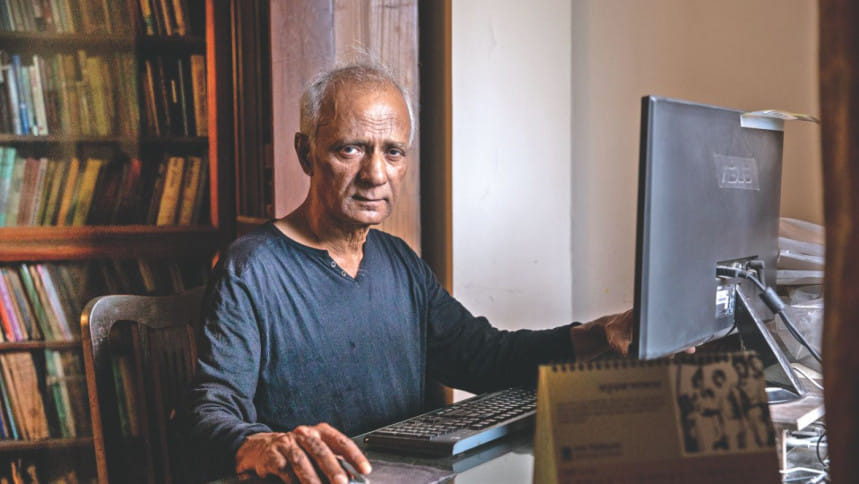
RAFI: Did you ever feel the need to approach a veteran actor for a role?
JAMIL: I once approached Asaduzzaman Noor to perform in this play, and even though he was interested, he could not do it as he was busy with his duties as a parliamentarian. All veteran actors are generally busy now, and it is hard to make a schedule with them. I plan on making a touring company, where performers will travel throughout the country, and perform in plays. I want to train newcomers to be able to do this. For Rizwan, at Shilpokola Academy, we had to do our rehearsals in the morning as it would be harder to book them in the evening. As a result, we had to look for actors who would be willing to work in the morning. We put in a lot of work, but only managed to bring in 3000 audience members and 920,000 BDT in total earnings. What hurts me is that many people in the theatre industry went around saying that we made 3,000,000 from it. After the taxes were deducted from our net earnings, we were left with 850,000. What people do not say is that we donated over 400,000 BDT to those affected by floods. I would like to ask whether or not any other theatre troupe has announced all their expenses publicly, like we did on our webpage. For Jiban O Rajnaitik Bastobata, I think we had spent around 2,000,000. If we can generate 900,000 in revenue, it will still mean that I have paid 200,000 for the project from my own pocket. I have no problem with that. I have not taken any directorial or design fee from it. Two of my colleagues, Mohsina and Rana did not take their fees either. We will make our list of expenses soon enough.
RAFI: Do you ever feel the need to help new theatre activists with your constructive criticism and expertise?
JAMIL: I would love to do that, but the problem is that people are only willing to hear praises. If anyone wants to hear my constructive criticism, I am more than willing to share it with them.
RAFI: Do you have any final message for our readers?
JAMIL: I would like to request all of you to watch more plays, and give us your honest feedback. There are approximately 5000 regular theatre practitioners in this country, so we all should put our differences aside, and work together for the greater good of the Bangladeshi theatre industry.
Transcribed by Ridwan Intisaar Mahbub

 For all latest news, follow The Daily Star's Google News channel.
For all latest news, follow The Daily Star's Google News channel. 

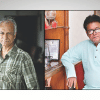


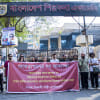
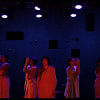


Comments